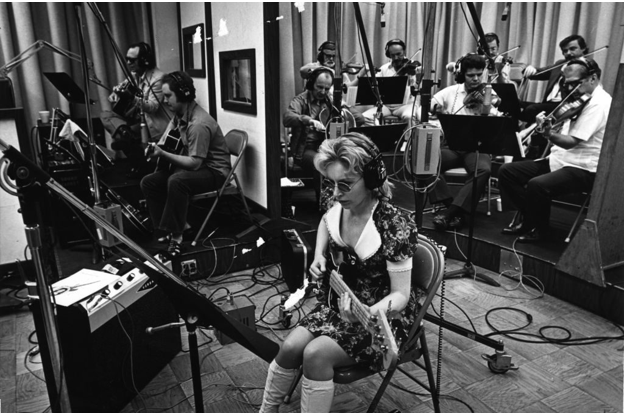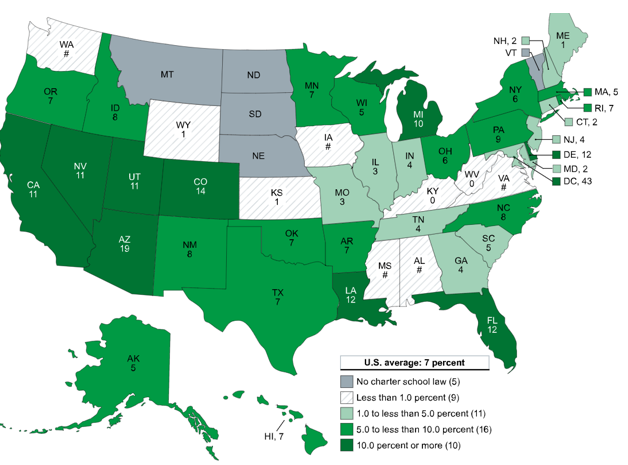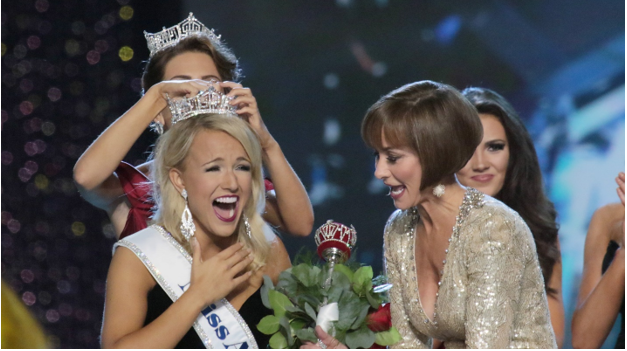 Recently, I had the opportunity to speak to a group of state lawmakers, one of whom asked me a startling question after acknowledging that his state doesn’t have charter schools: Should we really bother with them?
Recently, I had the opportunity to speak to a group of state lawmakers, one of whom asked me a startling question after acknowledging that his state doesn’t have charter schools: Should we really bother with them?
As I heard the record scratch in my head, my mind wandered to a documentary I saw about the Wrecking Crew, a very busy group of studio musicians in Los Angeles in 1960s. Come along for the ride, it will all make sense in the end.
While often uncredited, the Wrecking Crew played on scores of hit records while the credited artists would sometimes tour only to play simpler versions of the songs with their lesser musical talent. The Wrecking Crew played instruments on the Monkees’ first two albums.
Watching the 2008 documentary, it occurred to me that the Wrecking Crew likely was a big reason that pop-music from the 1960s has a distinctive sound. Much of the memorable music was in fact recorded by the same musicians.
The charter school movement also had a wrecking crew, but unlike the musical version, the charter wrecking crew has had a negative impact.
I’ve always been, and remain, an “all of the above” choice type of guy. Open enrollment, homeschooling, private choice or charter schools? Yes please! On the other hand, I’ve been aware that many, many years have passed since someone passed a robust charter school law.
To illustrate the point, there are nine states on this 2019 map from the National Center for Education Statistics that had fewer than 1% of students enrolled in charter schools. West Virginia passed its law in 2021, so let’s give it a pass for now.

As for the remaining states, Alabama passed a charter law in 2015 and has five charter schools. Kansas passed a charter law in 1994 and has nine charter schools. Kentucky passed a charter law in 2017 and has zero charter schools.
Iowa passed a charter law in 2002 and has two charter schools. Mississippi passed a charter law in 2010 and has seven charter schools. Virginia passed a charter school law in 1998 and has seven charter schools. Washington passed their law in 2016 and has twelve charter schools.
The best charter laws passed since 2000 are in Indiana and Tennessee. Both had a less-than-stellar 4% market share in 2019.
Color me skeptical about the prospects for some of these states of reaching a double-digit charter market share before Haley’s Comet reappears in 2061.While there are some real stinker charter laws that passed before 2000, the malodorous consistency since 2000 is disappointing.
So again, imagine the Wrecking Crew, but in your imagination band members are confused about how to play their instruments. The songs sound similar, but they all sound bad. You know, like Nickelback.
I believe I answered the question from the lawmaker by saying that creating charter schools is a purely local decision. But then I got to thinking: What if during the early stages of COVID-19 someone had the bright idea of having states set up commissions to judge the worthiness of pandemic pods before they would be allowed to operate? Submit an 800-page application, hire the right consultants, and dig in for a multi-year process as the judges subject you to a technocratic beauty pageant.

People used to like all kinds of weird and antiquated things, but American parents are way past taking whatever commissions choose to give them. Choice advocates should catch up with parents – and consider partying like it’s 1999.
Otherwise, the movement in many states will remain wrecked.


